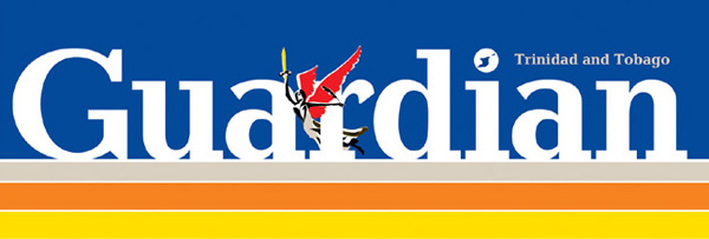With input and pressure from the World Bank, the Government identified a fiscal problem yet disregarded the local social consequences. That was an example of not defending the public good—something some suggest is also going on with the Debe to Mon Desir segment of the extension to the Sir Solomon Hochoy Highway. If we glimpse into politics and participatory democracy, we see certain interest groups drive political decision-making. Such interest groups redefine citizenship. Because when some are more equal than others in getting their interests protected and acted upon, those groups whose interests aren’t treated equally suffer a diminished from of citizenship where their life chances are inhibited. Examples of groups who suffer a diminished form of citizenship extend from the working class and the LGBT community to local arts practitioners and those with disabilities. And, of course, there are many others too. One way to counter this inequality is to redefine what citizenship means.
The traditional liberal sense of citizenship supposedly produces each of us as free to pursue our own ends, as long as we respect the rights of the individual to property ownership, equal treatment under the law, and free speech. These civic rights are the extent of our obligations to the state and each other. There are no obligations for any citizen to contribute further to public life.
One redefinition of this idea of citizenship is “active citizenship.” Advocates of active citizenship stress that with civic rights come responsibilities for civic engagement. This means there is a responsibility to be involved in public life and affairs by organising to tackle problems in our communities, workplaces and democracy to improve the quality of life for all.
An active citizen isn’t always a “good” citizen who follows the rules though. Often they might challenge the existing structures and rules of society. Not necessarily in violent ways, but ways that confront those interests not in the common good.
Active citizenship and active citizenship organisations in T&T include the Highway Re-Route Movement, Fixin T&T, the Artists Coalition of Trinidad and Tobago, the Joint Consultative Council for the Construction Industry, CAISO, the Toco Foundation and other associations—some transient, and others more permanent. There is no universally accepted definition of active citizenship or what an active citizen is. It isn’t a top down, paternalistic, “I tell you how to be a good citizen” model. Rather it is a bottom-up, issues-based, organic type of citizenship. Listening to activists speak at UWI last week about their experiences of becoming involved in social movements and confronting power, there was a wealth of suggestions on how to become a more active citizen.
In what sounds obvious, they suggested that the most important thing in active citizenship is to act, to commit yourself to action on a specific project. This gives you the chance to pursue change—whether it’s on the factory floor, in the civil service, your community or elsewhere. It was also suggested to not try and change the big things first. As the LIV Movement is realising, organising is powerful in itself. An early success helps too; it provides a catalysing moment that can mobilise others.
It is important to be resourceful. Mobilise your networks and make new ones. Make bridges between people, groups, and interests. Learn from other generations. Listen to people—go through their pain and the anecdotes they tell to get to the real story. Clarify the issue. Know what happened before. Make your own interest group to counter the dominant interest group.
In our society, as elsewhere, there can be costs to being an active citizen. There’s the general culture of cynicism that pervades society. There can be misrepresentation and slander by those who are more powerful and do not share your interests. Politicians and elites might verbally state they wish you would die already. Worryingly, active citizens who most worry power can find their well-being professionally, economically, socially, and physically under attack.
All things considered, a redefinition of citizenship to make its holders more engaged and active seems needed and desired by many citizens in face of a broken political system driven by hidden and vested interests.
http://guardian.co.tt/columnist/2013-03-18/be-active-citizen

 RSS Feed
RSS Feed